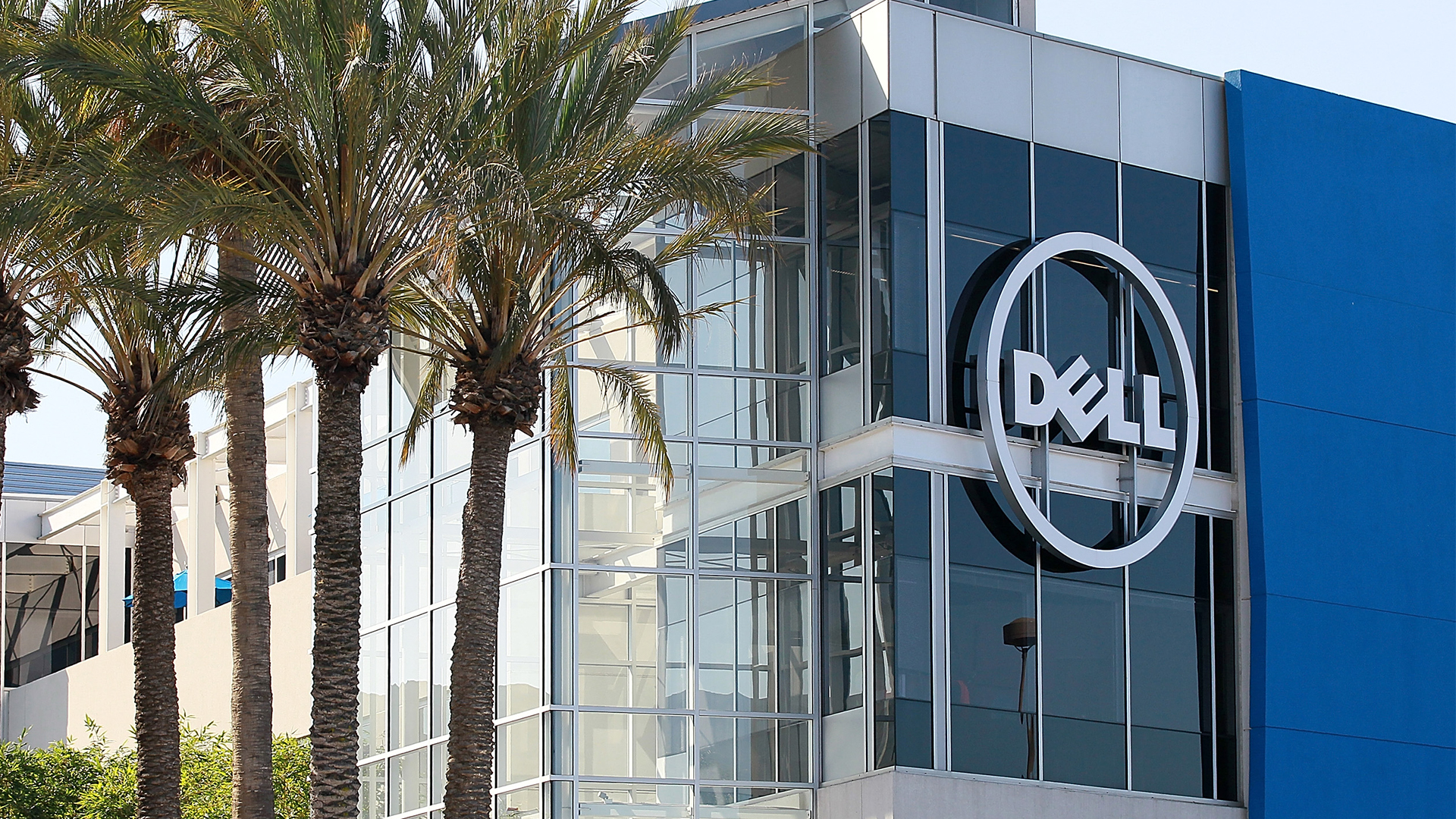InfoSec 2011: Detica brings national security to businesses
Detica Treidan aims to offer businesses Government-level protection, as targeted attacks become increasingly common.


BAE Systems Detica is hoping to bring Government-level cyber defence to businesses, after launching a service with techniques used to protect nation states and fight organised crime.
Detica Treidan has been designed to protect against the highly sophisticated and targeted threats facing, or even created by, foreign governments.
A recent Symantec report indicated targeted attacks on businesses are likely to increase this year.
The Detica service, launched during the InfoSecurity 2011 conference being held in London this week, employs behavioural analysis based on large-scale compute cloud technology to help detect possible threats.
A team of Detica experts will look at threats for businesses to determine how to prevent a compromise, looking at attacker behaviour patterns.
Users will also be able to take advantage of remediation planning offered by Detica to address the vulnerabilities exploited during attacks to shore up the network.
Army tactics in business
Sign up today and you will receive a free copy of our Future Focus 2025 report - the leading guidance on AI, cybersecurity and other IT challenges as per 700+ senior executives
Barry Hensley, senior director of Dell SecureWorks' counter threat unit and one-time employee of the US Department of Defence, said there were a number of similarities which could be drawn between the commercial and defence sectors when it comes to cyber security.
"The same processes exist between the two worlds," Hensley told IT PRO.
"The same constructs [are] associated with the need to protect, and when protection fails the ability to detect, respond, analyse and defend, exist. That lifecycle in both worlds [is very similar]."
He said it was vital organistions from both sectors understand what assets they own so they know the risk profile associated with them and can develop a strategy to focus on the most important areas first.
"That's no different in the Department of Defence," he added. "They're going to go through and understand the assets they need to protect, they're going to determine which ones are the most critical and then they're going to put the most resources associated with critical assets that are out there."
"So the constructs are almost identical."
Read on for all the latest news and interviews coming out of InfoSecurity 2011.
Tom Brewster is currently an associate editor at Forbes and an award-winning journalist who covers cyber security, surveillance, and privacy. Starting his career at ITPro as a staff writer and working up to a senior staff writer role, Tom has been covering the tech industry for more than ten years and is considered one of the leading journalists in his specialism.
He is a proud alum of the University of Sheffield where he secured an undergraduate degree in English Literature before undertaking a certification from General Assembly in web development.
-
 Computacenter enters the fray against Broadcom in Tesco's VMware lawsuit
Computacenter enters the fray against Broadcom in Tesco's VMware lawsuitNews The IT reseller has added its own claim against Broadcom in VMware case brought by Tesco
-
 Who is John Roese?
Who is John Roese?Dell's CTO and Chief AI Officer John Roese brings pragmatism to AI
-
 Meta layoffs hit staff at WhatsApp, Instagram, and Reality Labs divisions
Meta layoffs hit staff at WhatsApp, Instagram, and Reality Labs divisionsNews The 'year of efficiency' for Mark Zuckerberg continues as Meta layoffs affect staff in key business units
-
 Business execs just said the quiet part out loud on RTO mandates — A quarter admit forcing staff back into the office was meant to make them quit
Business execs just said the quiet part out loud on RTO mandates — A quarter admit forcing staff back into the office was meant to make them quitNews Companies know staff don't want to go back to the office, and that may be part of their plan with RTO mandates
-
 Amazon workers aren’t happy with the company’s controversial RTO scheme – and they’re making their voices heard
Amazon workers aren’t happy with the company’s controversial RTO scheme – and they’re making their voices heardNews An internal staff survey at Amazon shows many workers are unhappy about the prospect of a full return to the office
-
 Predicts 2024: Sustainability reshapes IT sourcing and procurement
Predicts 2024: Sustainability reshapes IT sourcing and procurementwhitepaper Take the following actions to realize environmental sustainability
-
 Advance sustainability and energy efficiency in the era of GenAI
Advance sustainability and energy efficiency in the era of GenAIwhitepaper Take a future-ready approach with Dell Technologies and Intel
-
 Tech execs pushed for a return to the office – now they’re backtracking amid a workforce revolt, with only 3% of firms asking staff to return full-time
Tech execs pushed for a return to the office – now they’re backtracking amid a workforce revolt, with only 3% of firms asking staff to return full-timeNews Return to office mandates have failed miserably, and many businesses appear to be admitting defeat


